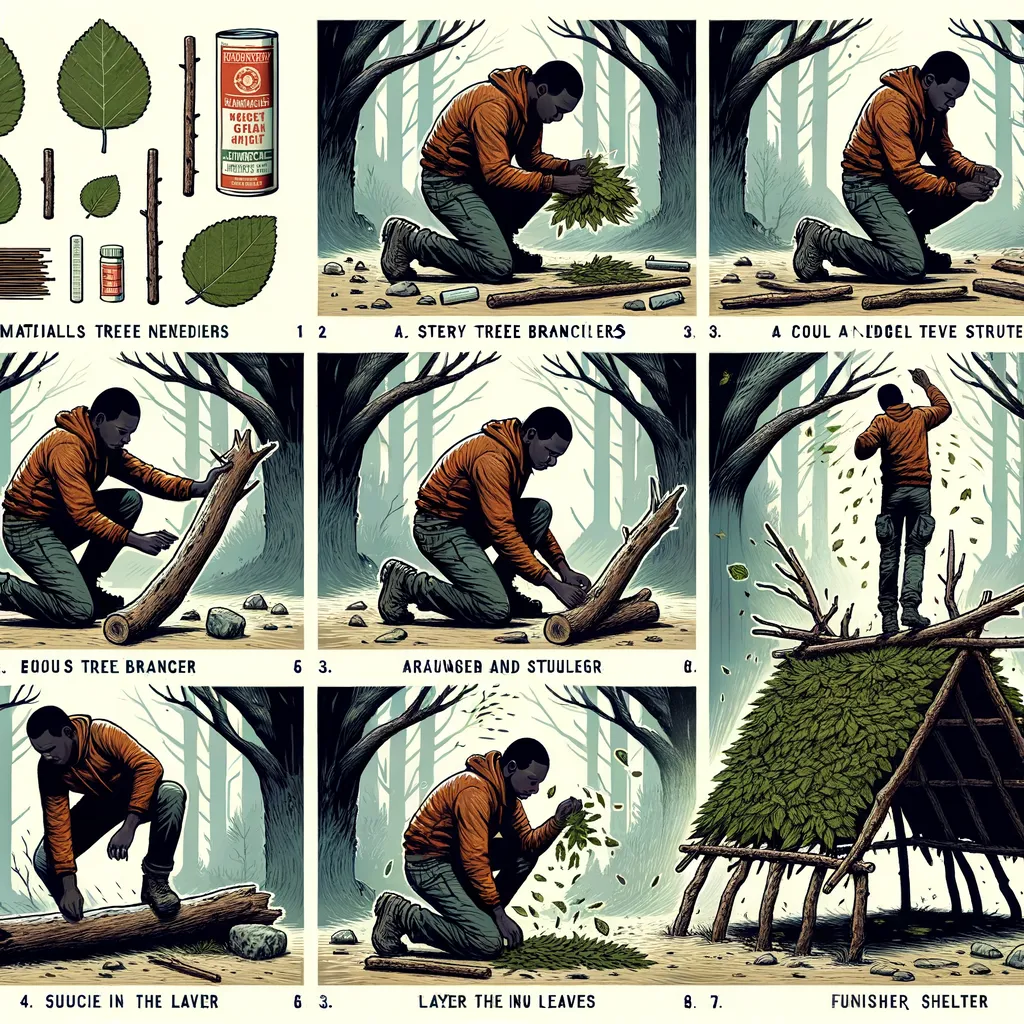Ensuring Your Child’s Success on Climbing Expeditions: A Parent’s Guide
Greetings, intrepid parents! You’re here because you want to make sure your child is ready in every way for their climbing expeditions. Climbing is more than a sport—it’s a transformative experience that teaches invaluable lessons in patience, resilience, and bravery. Adequate preparation is critical for a safe and enjoyable adventure. Our comprehensive guide will lead you through the crucial steps for readying your kids for an exhilarating climbing expedition, blending the physical with the mental, the practical with the preparatory.
The Significance of Thorough Preparation
Understanding the significance of preparation is the first step. Climbing expeditions present both physical and mental challenges that may come as surprises. Proper preparation means your child can fully engage with the experience, learning important life skills while remaining safe. This guide covers everything from physical conditioning and mental preparedness to essential gear and nutritional needs.
Physical Readiness: Building a Strong Foundation
A successful climb begins with physical preparedness. It’s not just about muscle; it’s about stamina, dexterity, and equilibrium. Here’s how to ensure your child is physically primed:
- Commence with Basic Training: Regular physical activity is pivotal. Encourage exercises that enhance core stability, like planks, and improve balance via activities such as yoga or stand-up paddleboarding.
- Gain Experience with Rock Climbing: Practice makes perfect. Starting with indoor climbing gyms allows young climbers to familiarize themselves with climbing dynamics in a controlled setting.
- Pursue Outdoor Endeavors: Participating in outdoor activities that simulate climbing scenarios, like trekking on uneven surfaces, acclimatizes kids to the great outdoors.
Mental Readiness: Cultivating a Climber’s Psyche
Psychological preparedness is as crucial as physical capability. Climbing demands problem-solving abilities, patience, and stress management skills. Here’s how to nurture these qualities in your child:
- Promote Problem-Solving Skills: Viewing climbing routes as puzzles to be unraveled can sharpen strategic thinking and decision-making abilities.
- Instill a Positive View of Failure: Climbing is fraught with trial and error. Understanding that each misstep is a learning opportunity is vital for personal development.
- Practice Visualization: Mental rehearsals of climbs can help anticipate and navigate challenges, leading to more confidence and success on actual climbs.
Equipping for Success: Selecting the Proper Gear
The right equipment is non-negotiable for climbing expeditions. Prioritizing safety and comfort through appropriate gear, such as climbing shoes, helmets, and harnesses, is crucial for a worry-free experience. We will assist you in navigating these choices to guarantee your child is outfitted for safety and success.
Preparing your child for a climbing expedition transcends physical and mental readiness; it’s an adventure that strengthens familial bonds through shared challenges and victories. By dedicating time to this preparation, you are ensuring more than just a successful climb—you are enhancing the overall experience, fostering resilience, and encouraging a lifelong love of adventure. Together, let’s ensure your child’s climbing expedition is not only safe but immensely fulfilling.
Five Key Insights for Parents Preparing Kids for Climbing Expeditions
Here are five essential insights every parent should know when preparing their child for a climbing expedition:
- Start Early and Build Gradually: Allow ample time for training and preparation. Rushing through the preparatory stages can lead to gaps in skills and confidence.
- Engage in Open Communication: Discuss fears, expectations, and goals. Understanding what your child hopes to achieve and any concerns they have can tailor the preparation process more effectively.
- Encourage Rest and Recovery: Rest days are just as essential as training days. They allow for physical recovery and mental relaxation, both crucial for sustained learning and growth.
- Make It Fun: Incorporate games and challenges into the preparation process. Enjoyment enhances learning and keeps motivation high.
- Seek Professional Guidance: Consider enlisting a climbing coach or joining a climbing club. Expert advice can provide valuable insights and enhance safety.
By equipping




